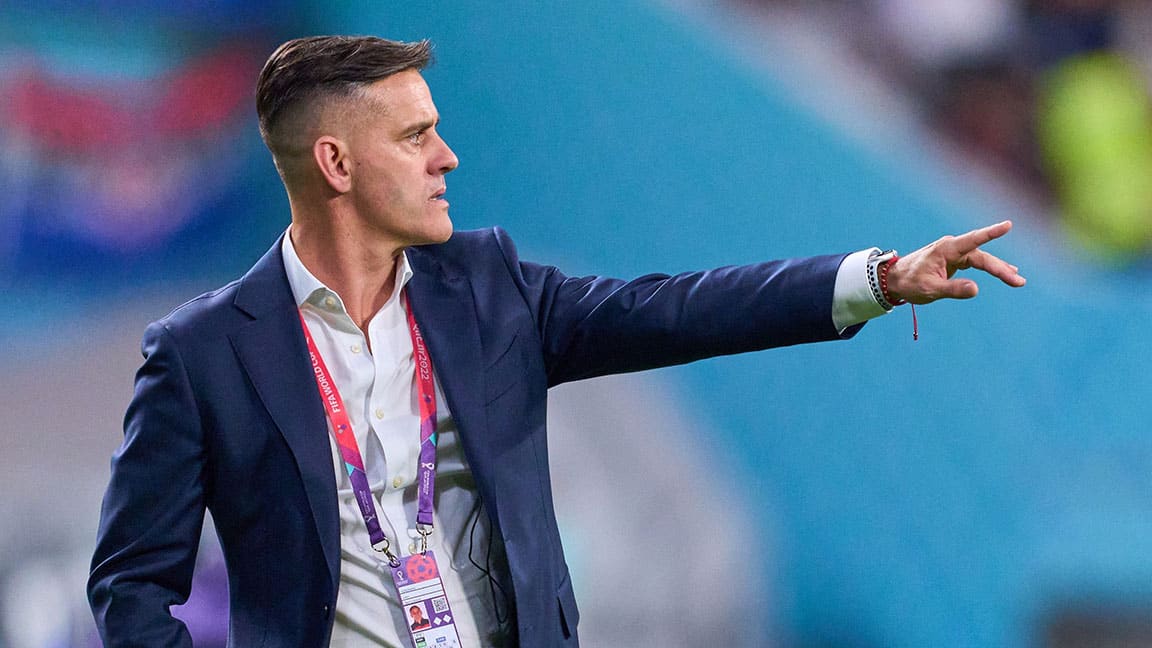FIFA.com
The world’s top national team coaches were brought together in the same room to exchange ideas and give their views on competition, refereeing and medical matters the during the Post FIFA World Cup 2022™ forum in Doha, Qatar.
FIFA invited the national team coaches and technical directors from the member associations which took part in the FIFA World Cup 2022 to provide their feedback on the tournament and make suggestions looking forward to the FIFA World Cup 2026 in Canada, Mexico and United States.
The forum included an interview with Argentina coach Lionel Scaloni, who explained some of the details that helped the South American team win their third world title. Scaloni told the forum about recovering from the 2-1 defeat to Saudi Arabia in the opening match, their ability to switch tactics from game to game, getting the best out of Lionel Messi and the importance of practicing penalties. He also explained why having a good atmosphere in the squad could make a difference in such a finely-balanced competition.
“There were 10 teams that could have won the World Cup. However, winning a World Cup can come down to a teammate’s mentality rubbing off on the others, everyone playing for each other as if their lives depended on it: we believe in that a lot, we really do,” he said.
During the forum, the FIFA Technical Study Group (TSG), headed by FIFA’s Chief of Global Development Arsène Wenger, presented its analysis of the FIFA World Cup 2022 while the coaches were given the chance to provide their feedback and insights in an informal environment.
For the coaches, it was an invaluable chance to meet and talk to their peers in a relaxed environment away from the pressures of competition.
“I always say, the informal learning opportunities are the most powerful and impactful. I’ve just had 15 minutes……with (England manager) Gareth Southgate this morning, just talking about his first World Cup experience and some of the things he learned, what I was learning in my first and what it felt like for him to come back to his second and the differences,” said John Herdman, who took Canada to their first FIFA World Cup since 1986.
“In these moments, you see the real people and you understand the majority of us just want to share, we want to share our experiences, be vulnerable, and these settings, I think, allow for real conversations.”
